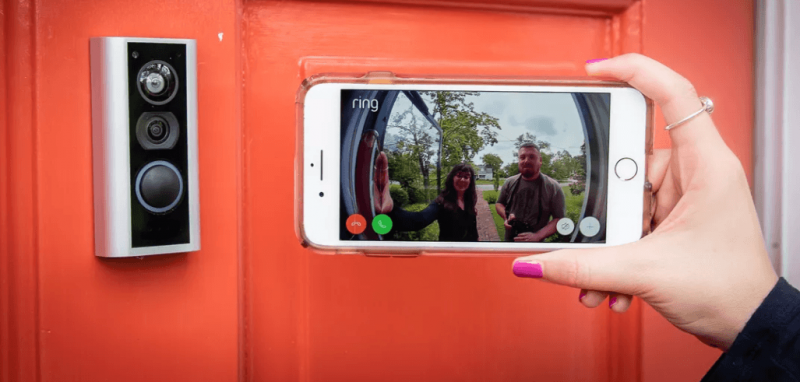Security News

European and American officials said Thursday that they have arrested 20 people in several countries for allegedly belonging to an international ring that laundered millions of euros stolen by cybercriminals through malware schemes. The international police operation "2BaGoldMule" led by Portuguese investigators and the FBI included 14 more European countries, under the umbrella of Europol.

German investigating authorities have raided the offices of Munich-based company FinFisher that sells the infamous commercial surveillance spyware dubbed 'FinSpy,' reportedly in suspicion of illegally exporting the software to abroad without the required authorization. Investigators from the German Customs Investigation Bureau, ordered by the Munich Public Prosecutor's Office, searched a total of 15 properties in Munich, including business premises of FinFisher GmbH, two other business partners, as well as the private apartments of the managing directors, along with a partner company in Romania from October 6 to 8.

A police officer who quit while under investigation for computer misuse crimes has walked free from court after pleading guilty to a total of nine offences. At the time he committed his crimes, Westbury was a constable with Dyfed-Powys Police.

A global police sting has netted 179 vendors selling illegal goods online and seized millions in currency, drugs and guns, heralding an end to the "Golden age" of dark web markets, Europol said Tuesday. Led by the German federal criminal police "This takedown provided investigators with... data and materials to identify suspects behind dark web accounts used for illegal activity", Europol said.

In a shock ruling today, the UK Court of Appeal has declared that South Wales Police broke the law with an indiscriminate deployment of automated facial-recognition technology in Cardiff city centre. Despite police promises that his image and data derived from it would have been instantly deleted if he was not a person of interest to them, he filed a lawsuit saying that police broke human rights and data protection laws.

HID Global announced the expansion of its biometrics identification management solutions to police departments and military installations around the globe. "The expansion of our offering to include iOS platforms broadens the adaptability and application of our mobile biometric solutions and equips our customers - from law enforcement to military officials - with the confidence to achieve rapid identification anywhere," said Jessica Westerouen van Meeteren, VP & Managing Director, Citizen Identity with HID Global.

The data, dating back to 1996, include emails, audio and video files and police and FBI intelligence reports. Some of the files offer insights into the police response to those protests, they said.

German authorities have reportedly seized a server hosting the massive BlueLeaks data dump, which was released earlier in June and exposed thousands of sensitive police department and law enforcement files. "We have received official confirmation that #DDoSecrets' primary public download server was seized by German authorities," said Emma Best, founder of DDoSecrets, in a Tuesday Twitter post.

Encrochat took the base unit, installed its own encrypted messaging programs which route messages through the firm's own servers, and even physically removed the GPS, camera, and microphone functionality from the phone. Unbeknownst to Mark, or the tens of thousands of other alleged Encrochat users, their messages weren't really secure.

A U.S. congressman is asking Amazon if it plans to place a moratorium on police access to its Ring smart doorbell video footage, citing concerns around surveillance and racial bias. Rep. Raja Krishnamoorthi, the chairman of the Subcommittee on Economic and Consumer Policy, argued that Amazon's commitment to joining "The fight against systemic racism and injustice" is undermined as long as it continues its existing partnership with police departments for Ring doorbell access.